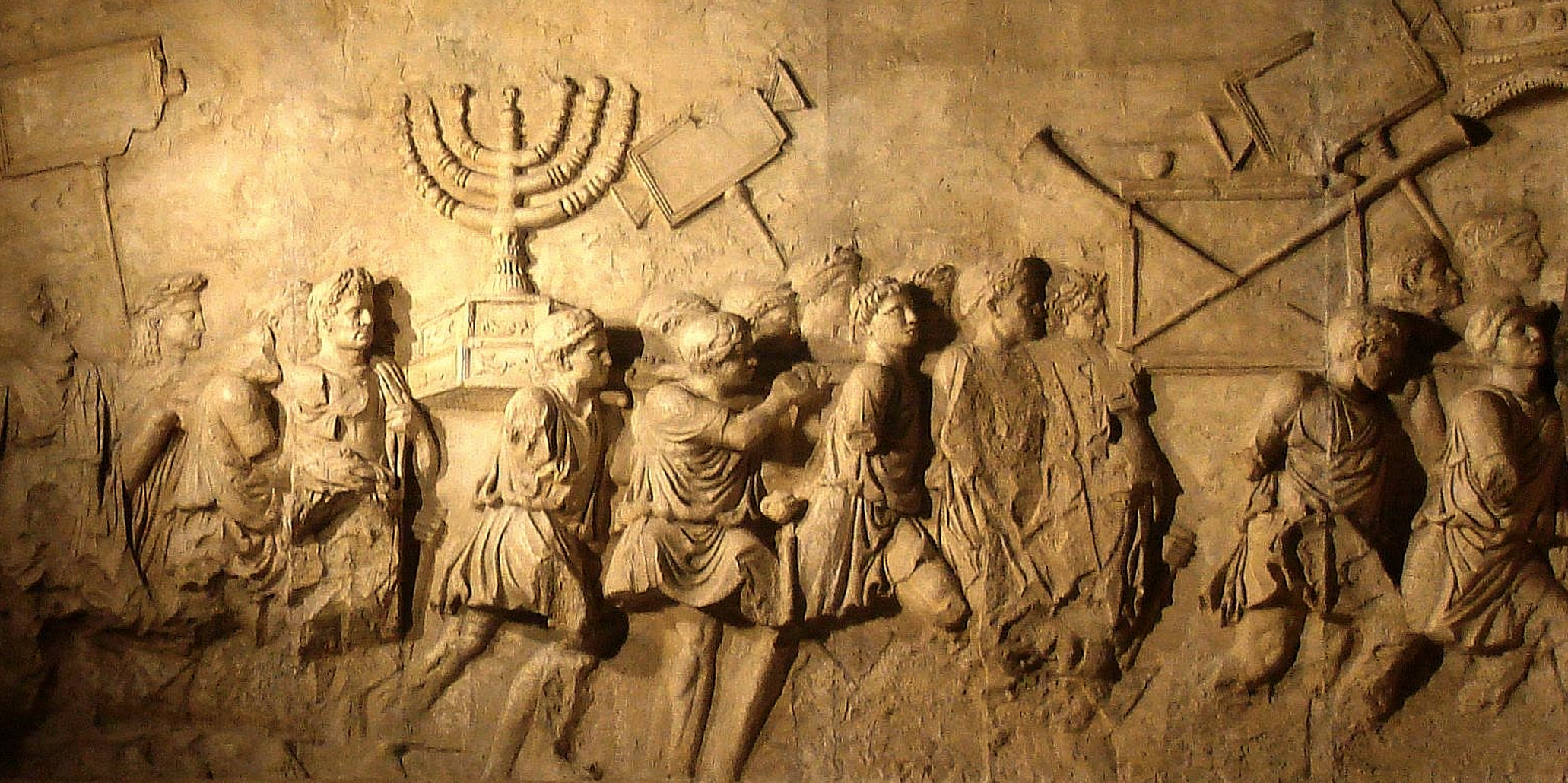
Jeremiah 29:1-14; John 14:25-27
This week we hear from the prophet Jeremiah, who came after both Amos and Isaiah. By his day Israel and Judah are wiped out. Israel (the Northern Kingdom) is gone, conquered, vanquished and annexed by the Assyrians. Judah was then threatened and eventually conquered for having played the adversary sides against one another, siding first with Babylon then with Egypt in the hope of freedom. Now a conquered, vassal state, the majority of their elites (educated, wealthy, leaders both religious and political) have been deported to far away Babylon, exiled in order to purge the people of their Israelite culture (and religion) and make them into good Babylonian citizens. It was the Babylonian imperial way, a form of what we call cultural genocide or cleansing.
Jeremiah lived in Judah (Jerusalem) preaching from 626 BCE until after the fall of Jerusalem and the destruction of Solomon’s Temple in 587BCE. In our section of the prophets testimony he talks of a letter of comfort and advice that he pens and sends to the exiles Judeans in far away Babylon. The previous chapter talks of the battle between Jeremiah and Hananiah (a false Prophet). It’s referred to in verses 8 and 9. Hananiah is false because he tells the people that they should resist Babylon, to not “settle in” to their new home, that God will deliver them in what we might call a Hollywood ending to the national defeat. Jeremiah says something different. He tells the people to put down roots, to settle in for a long sojourn in exile (for many the entirety of their lives) as strangers in a strange land. The wise thing to do is to adapt, not give up or give in, but look to how God is present – even in seeming defeat – and working for good.
Today, we too may encounter situations that cannot be changed. They may not be physical exile, or the threat of cultural genocide, but they can be greatly disorienting and disrupting nonetheless. Think of the dramatic changes we are undergoing in the Great Emergence in terms of technology, how we live, work, relate, communicate, an increasingly global world in which there is much fear, anxiety and suspicion of foreigners, refugees, those who are different, exiles. We too can feel exiled even in our “home.” ‘The question then is how we, amidst such difficult circumstances, can live the best possible life, including daily practices that make life both possible and meaningful. Perhaps even more important than figuring out how to live amidst these less-than-perfect circumstances is the question of how we manage to find joy while being in exile.’ (quoted from https://www.workingpreacher.org/preaching.aspx?commentary_id=3477).
In John 14, Jesus talks with his disciples preparing them for what will seem to be his defeat, telling them of God’s shalom-peace, how even in fear we can find God.
Questions for the practice of Examen & Contemplation
- What shimmers for you in this passage?
- What word, phrase or image touches your life today?
- How do you feel like an exile, a stranger in a strange land?
- How do you need (or how has God already) to find God in the dislocation and disruption that characterizes our time?How have you experienced the shalom-peace of God to be different than the peace of the world?
Download a textual study guide PDF @capcoakland.org HERE.